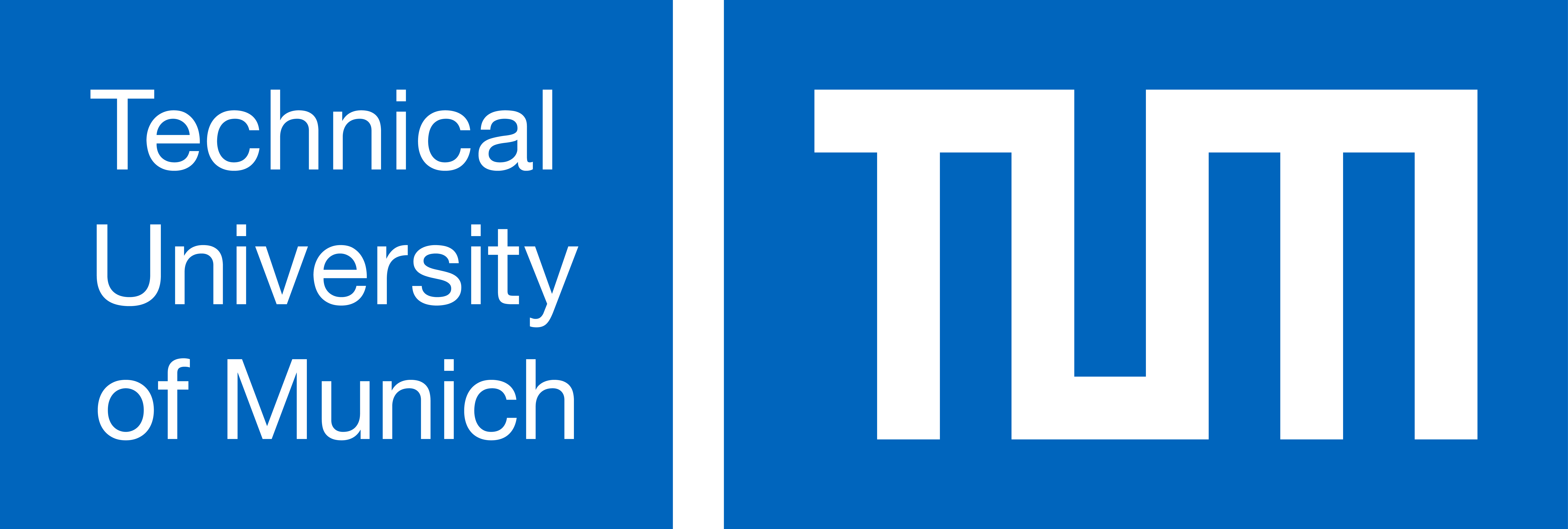About this course
"Enhancing Connections for Sustainable Futures" aims to promote an integrated approach based on three main areas: People, Nature, and Technology. In the "People" domain, the focus is on empowering and enabling communities. This involves connecting people's needs and aspirations through technology, including digital solutions, in various areas such as wellbeing, health, culture, etc. In the "Nature" realm, the call concentrates on the conscious use of nature and the consideration of its resources. This includes examining interactions in ecosystems, safeguarding biodiversity and nature conservation, as well as utilizing renewable energies. Within the "Technology" sphere, the emphasis is on establishing efficient connections through technology, both digital and physical. This encompasses various fields such as information technology, logistics, transportation, manufacturing, communication, etc. Overall, the call aims to promote sustainable connections that enable meeting human needs, protecting the environment, and leveraging innovative technologies to achieve these goals.
The Technical University of Munich (TUM) joint forces within eight leading universities of science, technology and business to foster the European spirit in a EuroTeQ format to promote innovative engineering education across Europe. Together, we are created the first EuroTeQ Collider in 2022. Now, the journey goes into the second round. The Collider is an innovative learning format with the aim of bringing students together with vocational trainees and professionals to tackle challenges. The theme for the period 2024-2026 is “Enhancing connections for sustainable Futures”. The goal is to connect participants with different profiles and personalities to boost creativity, innovation, shared understanding, enabling participants to imagine new approaches and design disruptive solutions.
The module is a seminar that gives students the opportunity to apply their knowledge on topics related to the theme “Enhancing connections for sustainable Futures”. Within this overarching theme, we are offering challenges on three different topic-domains, namely:
• People – e.g., empowering and enabling communities, connecting people's needs and aspirations through technology (including digital solutions) in different areas such as wellbeing, health, culture, etc. • Nature – e.g., on the conscious use of nature, taking into account environmental resources and the relationship of organisms to the environment: interactions in the ecosystem, safeguarding biodiversity and nature conservation, use of renewable energies, etc. • Technology – e.g., efficient connections through technology, both digital and physical, in various areas such as information technology, logistics, transportation, manufacturing, communication, etc.
Within every topic domain, interdisciplinary (and international) teams of students, vocational trainees and professional learners are formed to develop solutions towards a desirable future, test and validate tools and create prototypes of their solutions. A selection of the best projects will be presented in a major high-level event, the EuroTeQaThon.
Learning outcomes
After completion, all EuroTeQ Collider participants will be able to:
- Select and apply appropriate design, engineering and business approaches and tools to create an innovative and science-based solution to a real-life challenge.
- Develop a profound interpretation of a complex, real-life problem and its context using a system-thinking approach, considering multiple perspectives.
- Develop a problem-driven, creative, and integrative design, demonstrated by a concrete prototype that balances desirability, feasibility, and viability.
- Use disciplinary knowledge and expertise in an inter-disciplinary team to develop an innovative and scientifically sound solution in a European context.
- Communicate your ideas, at different levels of elaboration, via several mediums in an international context to a diverse set of stakeholders.
- Define and regularly reflect on personal and team development.
Examination
During this module, students must complete following tasks: producing a presentation that provides information on the project concept development and implementation, as well as a final report, charting the progress of their work/research over time. These assessments will evaluate a) the success of the project and b) the learning success of the students in oral and written form. Students will be graded based on the active participation in a group project (20%), a final presentation of project results (60%) and a final project report (20%). These examination requirements will assess the success of the project, but also examine the learning success of the students in oral and written form.
Course requirements
This module is aimed at all students enrolled in a Bachelor or Master program at the TUM; it is thus designed as an interdisciplinary venue which brings together a range of scientific perspectives. No specific prior knowledge is required; however, its project-based character requires high levels of intrinsic motivation and the willingness to actively participate in a project.Please register for this course via TUM Online. If you have any questions or problems to register, please send an email to euroteq@ja.tum.de
Activities
A range of teaching & learning techniques will be applied:
- (pre-recorded) videos and online presentations, with podcasts and interviews, Q&A Sessions with experts
- This module is focusing on service-learning and project-based learning
- After a set of introductory sessions which provide input on the core topics but also project management, students will work on their projects in groups. Progress will be determined through project presentations during the semester, continuous feedback from the instructors, as well as peer-to-peer feedback.
- Presentational skills will be further facilitated through the requirement to present the results
- As students and professionals will work together in a joint effort, all participants will not only improve their technical skills but also enhance their soft skills such as team spirit, flexibility to work in multicultural environments, and design thinking, which are also very important in professional life.
Additional information
- More infoCoursepage on website of Technical University of Munich
- Contact a coordinator
- CreditsECTS 6
- Contact hours per week4
- InstructorsDiane Baumer, Angela Wester, Mariana Rufino, Nina Miller, Dennis Lehmann, Peter Finger, Hedwig Schmid, Ka Hei Carrie Lau
- Mode of instructionHybrid
Offering(s)
Start date
23 April 2025
- Ends25 July 2025
- Term *Summer 2025
- Instruction language
Enrolment period closed
